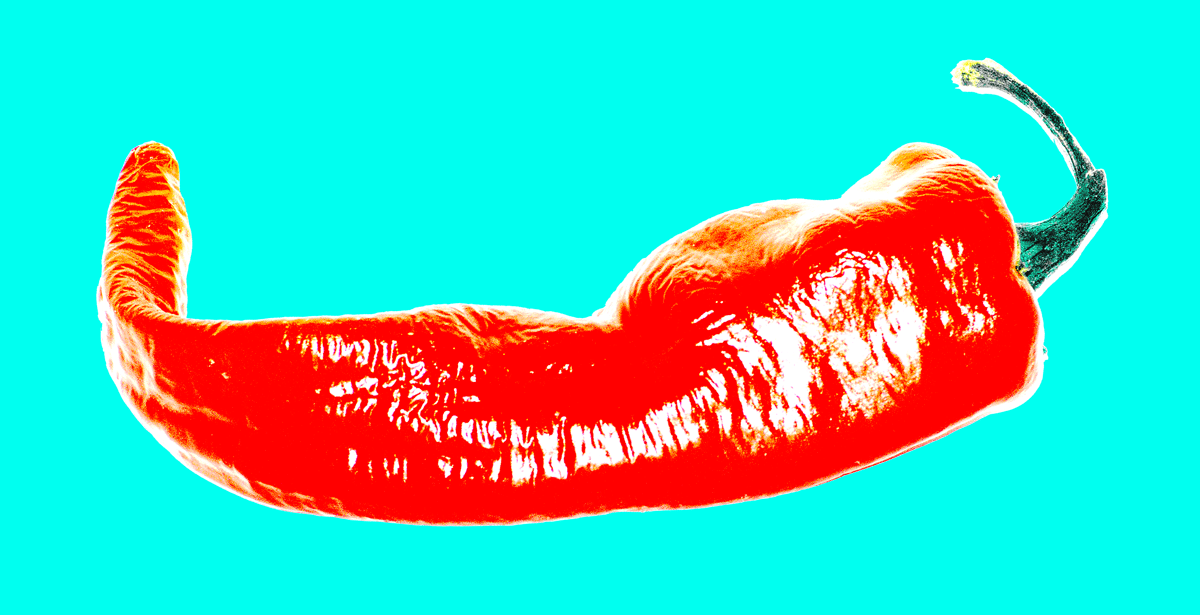
Reflux is one of the most common health complaints among Americans, and the drugs used to relieve it are among the nation’s best-selling meds. Americans spend nearly $13 billion a year on both prescription and over-the-counter versions of proton pump inhibitors (PPI), the most popular anti-reflux medications.
But it turns out that drugs aren’t necessary for some forms of the digestive condition. In a new study published in JAMA Otolaryngology-Head & Neck Surgery, researchers found that for people with acid reflux that affects the throat, a Mediterranean diet—one rich in fruits, vegetables, nuts and legumes—was just as effective as PPIs in treating their symptoms.
Reflux comes in two forms. One, known as gastroesophageal reflux disease (GERD), is triggered by too much acid concentrated in the stomach and lower esophagus, the part of the throat that is connected to the stomach. GERD comes with burning pain in the chest, bloating and discomfort in the gut. The other type of reflux involves the upper part of the throat that includes the voicebox and pharynx, or the back of the mouth.
The type of reflux in the study, called laryngopharyngeal reflux. or LPR, is concentrated in the upper part of the digestive tract and is triggered when pepsin, a digestive enzyme from the stomach, reaches the sensitive tissues there. That can damage tissues and cause symptoms like throat clearing, a feeling that something is lodged in the throat, hoarseness and trouble swallowing. “You’re not supposed to have acid up in the throat,” says Dr. Craig Zalvan, medical director of the institute for voice and swallowing disorders at Phelps Hospital of Northwell Health in New York and lead author of the study. “The tissues there have poor protection against acid and pepsin.”
MORE: 100 Super Healthy and Filling Foods
In the study, Zalvan and his colleagues compared 85 people with LPR who were treated with PPIs and 99 people with LPR who were told to switch to a Mediterranean diet and start drinking alkaline water, which can neutralize excess acid. All of the people in the study were told to avoid reflux triggers, such as coffee, tea, chocolate, soda, greasy and fatty foods, spicy foods and alcohol.
After six weeks, the people who changed their diet reported similar declines in their symptoms as measured on a standardized reflux scale as those who used the drugs. In fact, the diet group reported a slightly greater percent decline in symptoms.
“These results really show that you can treat people with a diet-based approach using a plant-based diet,” says Zalvan. “If you take all patients with LPR and put them on a plant-based diet with alkaline water, the majority do get better. And they stop their drugs, which overall leads to much better health.” PPI drugs, while relatively safe, have been liked to higher risk of heart attack, stroke and early death, so using them long term may increase the risk of these side effects.
MORE: Heartburn Drugs May Be Linked to Dementia in Seniors
While the study didn’t delve into how the Mediterranean diet and alkaline water relieve reflux, it makes some sense that they do. Alkaline water can neutralize pepsin’s acidity in the throat, and plant-based proteins tend to produce less pepsin. That’s because plant protein is digested mostly in the intestines, while animal protein is digested in the stomach—which is also the point of production for pepsin.
Zalvan has already recommended a more plant-based diet for his patients with LPR, and while the switch is difficult for some, it’s worth it for people who have suffered from reflux for years, he says. In addition, Zalvan says that studies have not really confirmed that PPI medications are effective in treating LPR. In fact, some studies find that the drugs are not appropriate for anywhere from 40% to 80% of people.
Zalvan plans to conduct more studies to determine whether the plant-based diet or the alkaline water are contributing more to the relief of symptoms, although he suspects that the combination will be more effective than either alone. Alkaline water is more of an immediate and temporary relief for the acidic tissues, while diet, he suspects, is more of a long-term fix for reflux. He’s also planning to study people with GERD to see if a Mediterranean diet can help relieve their symptoms, too.
More Must-Reads from TIME
- Why Biden Dropped Out
- Ukraine’s Plan to Survive Trump
- The Rise of a New Kind of Parenting Guru
- The Chaos and Commotion of the RNC in Photos
- Why We All Have a Stake in Twisters’ Success
- 8 Eating Habits That Actually Improve Your Sleep
- Welcome to the Noah Lyles Olympics
- Get Our Paris Olympics Newsletter in Your Inbox
Contact us at letters@time.com